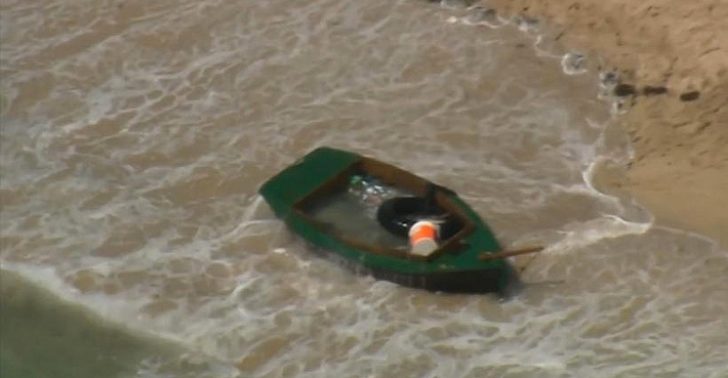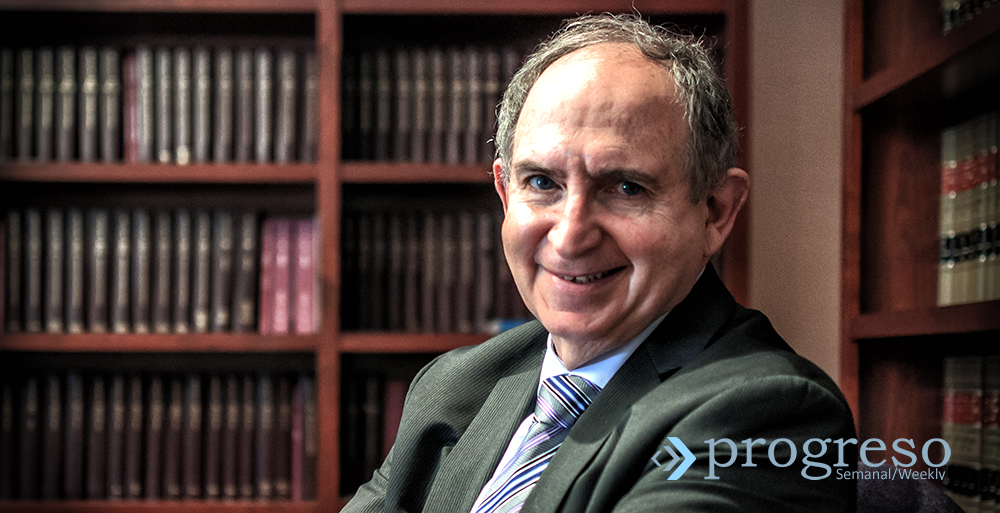
“Wet foot, dry foot” policy repealed, effective immediately
With one week left before he leaves office, President Barack Obama made one more move that adds to his Cuba legacy by doing away with the “wet foot, dry foot” policy that allows Cubans who arrive in the United States without a visa to become legal, permanent residents.
A senior administration official told the Associated Press that the repeal is effective immediately. “The decision follows months of negotiations focused in part on getting Cuba to agree to take back people who had arrived in the U.S.,” the AP reported, adding that “the official said the Cubans gave no assurances about treatment of those sent back to the country, but said political asylum remains an option for those concerned about persecution if they return.”

Progreso Weekly contacted Miami immigration attorney Ira Kurzban for his reaction to today’s (Jan. 12) announcement:
“The wet foot dry foot policy has traditionally been used as a doctrine to permit the return of people to Cuba and Haiti who do not actually touch U.S. soil. It was not a positive policy, but rather one that was an affront to international law because it prohibited bona fide refugees for seeking asylum in the U.S. if they failed to physically touch U.S. soil.
“The elimination of the policy therefore may, or may not, have any effect on current practice. If it suggests that a person out in the coastal waters of the U.S. may claim asylum then it represents a change in policy consistent with international law. If it means that people who land in the U.S. illegally will, nevertheless, be paroled into the country, then the status quo will continue and Cubans who enter illegally will still benefit from the Cuban Adjustment Act. If it means that a Cuban national will be placed in removal proceedings unless he or she entered the U.S. with a parole from outside the U.S. or entered with a visa, then it would represent a significant departure from current law because only Cubans who lawfully enter will be permitted to get the benefit of the Cuban Adjustment Act.
“It appears that DHS is withdrawing its prohibition against the use of summary removal proceedings at land borders regarding Cubans. If so, this means that they intend to treat Cubans entering illegally or at the borders in the same way as everyone else. If they do that, it will mean that only Cubans who legally enter the U.S. with a visa or with a parole from outside the U.S. will get the benefit of the Cuban Adjustment Act. If DHS enforced the Cuban Adjustment Act in this way, it would represent a significant change in the law.”
Over the years Cuban government officials have stressed that the policy, established in 1995 during the Clinton administration, encourages Cubans to make the dangerous crossing from Cuba to Florida.
CNN also reported from Washington that “the Cuban government has been informed of the decision to end the controversial policy towards Cuban refugees according to a senior Cuban government official.
“The Department of Homeland Security has also eliminated a policy for Cuban medical professionals known as the Cuban Medical Professional Parole Program, according to a senior administration official.
“It is now DHS policy to consider any requests for such parole in the same manner as parole requests filed by nationals of other countries.
“DHS is also eliminating an exemption that previously prevented the use of expedited removal proceedings for Cuban nationals apprehended at ports of entry or near the border.”
The “wet foot, dry foot” policy is a memorandum of the Cuban Adjustment Act. It allowed Cubans who touched U.S. soil to remain legally in the country, work and claim monetary, social, and medical benefits, as well as permanent residency one year after arrival.

